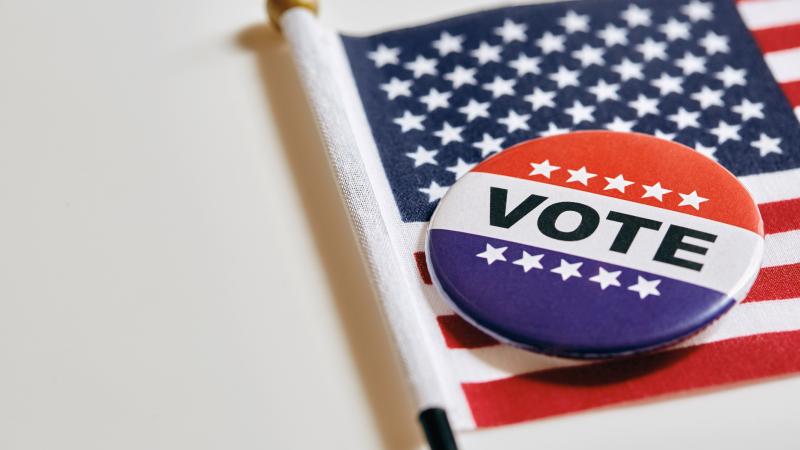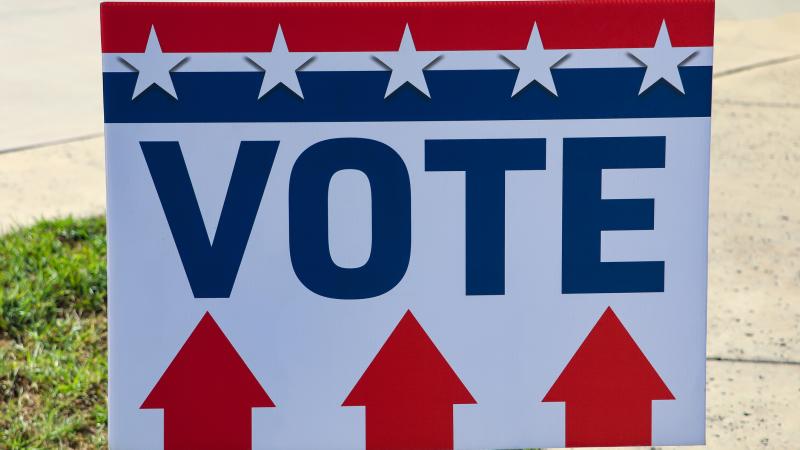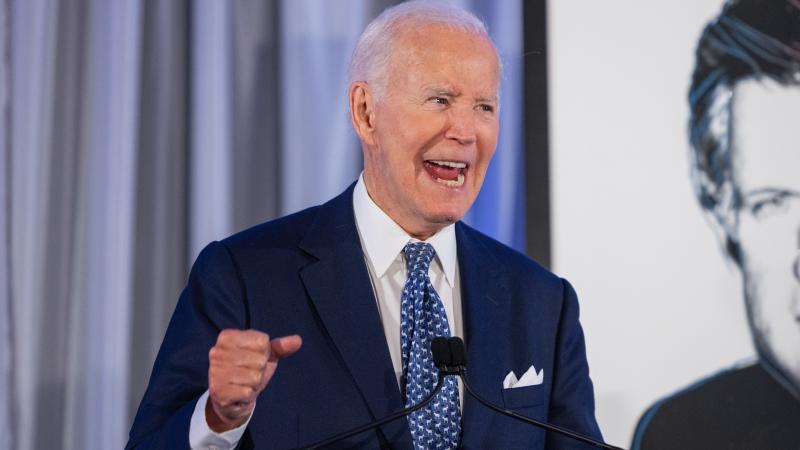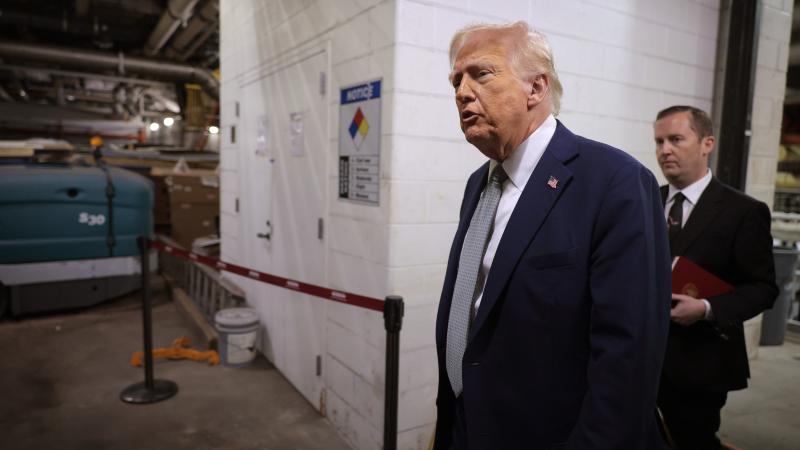Democrats panic over redistricting numbers with pivotal SCOTUS decision looming
If all states redistrict to the extent allowable, Republicans stand to gain more than Democrats.
Lawyers involved in a consequential case on election redistricting re-argued Louisiana v. Callais on Wednesday before the Supreme Court, whose ruling could set a landmark precedent for other states performing redistricting operations. Democrats and media organizations are using phrases like "gutting voting rights" to refer to the possible outcome of reshaping the application of the Voting Rights Act nationwide.
The stakes of the case “are only heightened by the backdrop of this national gerrymandering crisis,” former Democratic Attorney General Eric Holder, who leads Democrats’ main redistricting arm, said ahead of the high court hearing, according to Politico.
"We've been in redistricting battles for a very long time," Louisiana Attorney General Liz Murrill told Just The News earlier this week. "And you know, most recently, we drew a map that the courts basically directed us to draw, reluctantly. We had been saying we didn't think we could do this in a constitutional way. And they said, 'Do it anyway.'"
The landmark case, which was consolidated with Robinson v. Callais, challenges the constitutionality of Louisiana's congressional redistricting map enacted as Senate Bill 8 following the 2020 Census. The map created a second majority-Black congressional district to comply with Section 2 of the Voting Rights Act, which prohibits racial discrimination in voting, but it faced lawsuits alleging unconstitutional racial gerrymandering under the Fourteenth Amendment.
In January 2024, the Louisiana Legislature approved the new map during a special session to address prior court orders requiring fair representation for Black voters, who comprise about one-third of the state's population. A three-judge federal district court panel ruled 2-1 in May 2024 that race had predominated in drawing the districts and blocked the map's use, prompting direct appeals to the Supreme Court.
Reality appears to be setting in for Democrats that when redistricting (or "gerrymandering" when it's on the opposing side) is maxed out, Republicans gain more seats, some publications and networks are spiking the decibels of the alarm bells.
"As I sat and listened to today’s oral arguments in Louisiana v. Callais, I was reminded of just how much is at stake in our country’s democracy," said Louisiana Democrat Rep. Cleo Fields. "This case marks a pivotal moment in not only Louisiana’s ongoing fight to protect fair representation, but states all across this nation as well. While I am cautiously optimistic following this morning’s hearing, we must remain vigilant and committed to defending the principles enshrined in Section 2 of the Voting Rights Act of 1965."
Axios ran the Wednesday morning headline, "Louisiana's Supreme Court case could gut Voting Rights Act," fearmongering that "the case could end the legal basis minority voters use when challenging maps that dilute their political influence" and that it "could leave many places in the country without a remedy, even in extreme cases of racial discrimination and racial vote dilution," according to Stuart Naifeh of the NAACP's Legal Defense Fund.
CNN on Wednesday discussed Democrats falling behind and warned its audience, "You go along in the states, Democrats run out of room. Republicans are able to gain plus seven House seats. That does not even take into account the potential gutting of the VRA before the Supreme Court."
The Supreme Court, weighted 6-3 conservative, opened with Chief Justice John Roberts expressing frank skepticism.
He began the hearing by questioning the applicability of the Court's 2023 Allen v. Milligan decision (a 5-4 ruling upholding VRA redistricting claims in Alabama, which he authored). He downplayed its precedent, noting it "took the existing precedent as a given" and subtly critiqued ongoing race-focused remedies as potentially indefinite, an argument that Justice Brett Kavanaugh also raised.
Kavanaugh, whose swing vote upheld the VRA in 2023 (with a concurrence calling for temporal boundaries), pressed attorneys on whether race-based remedies should "carry on indefinitely." He likened it to the Court's 2023 affirmative action ban, suggesting perpetual racial considerations undermine equal protection. This hints at his potential shift, which could flip the 2023 outcome.














